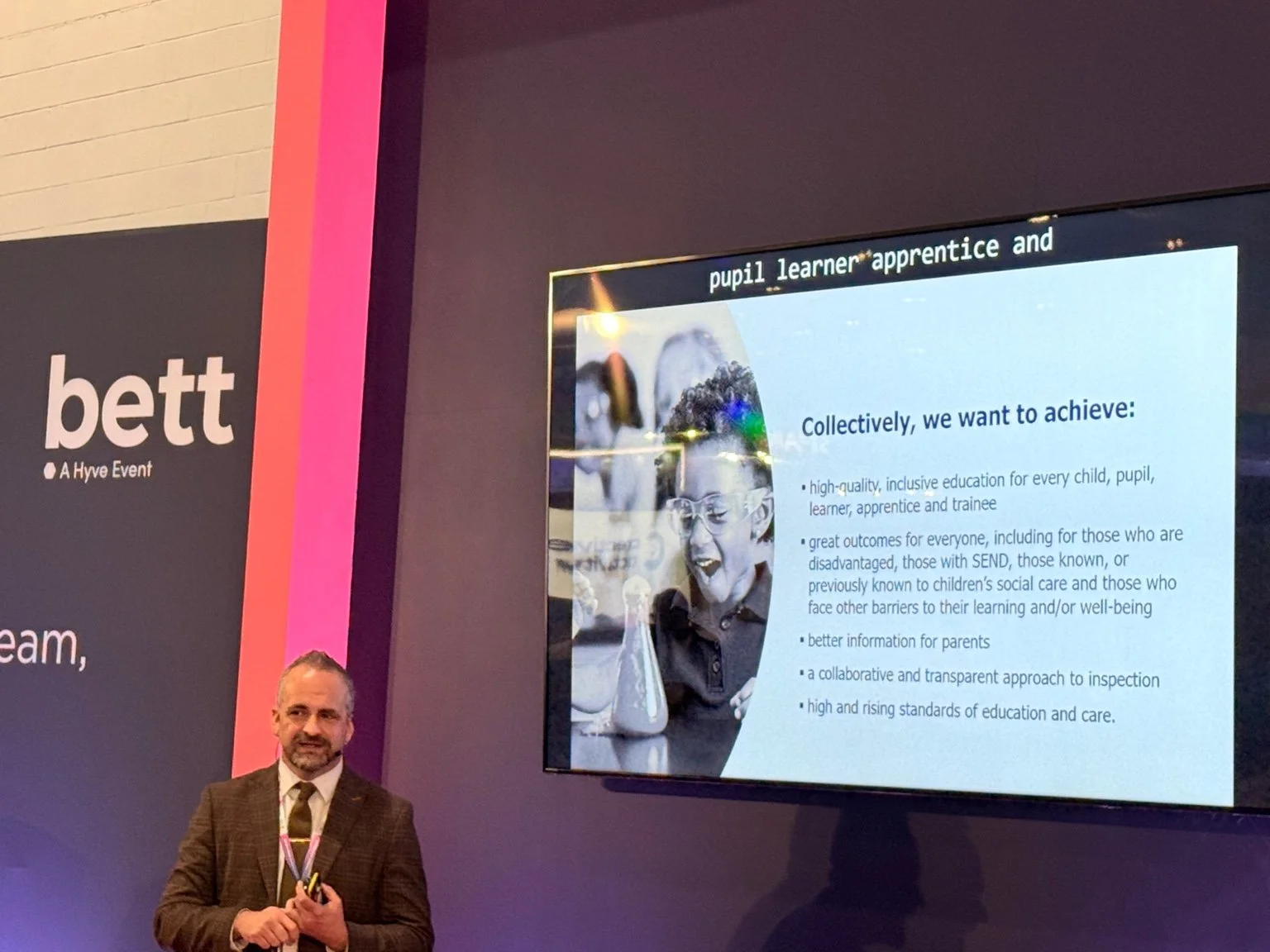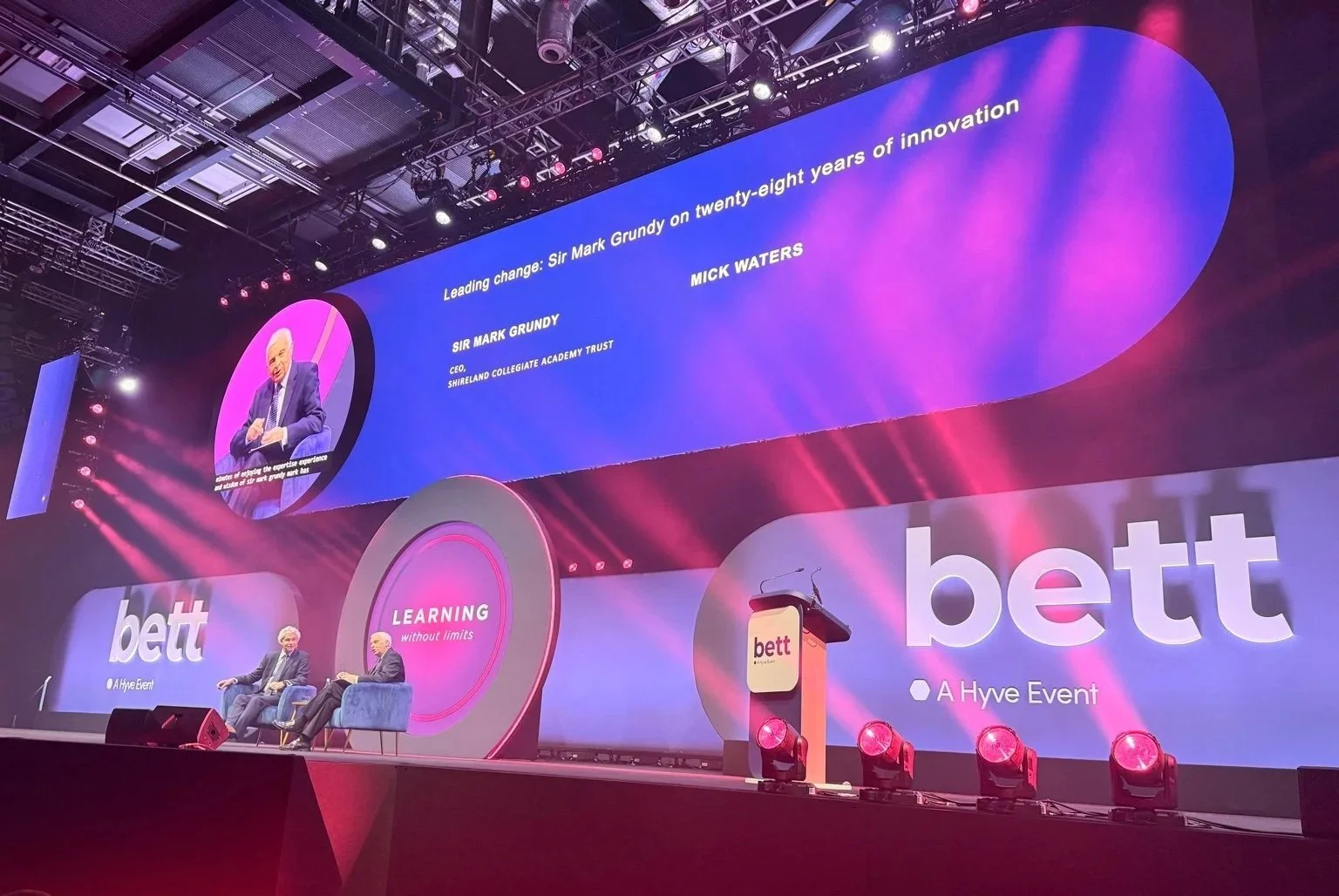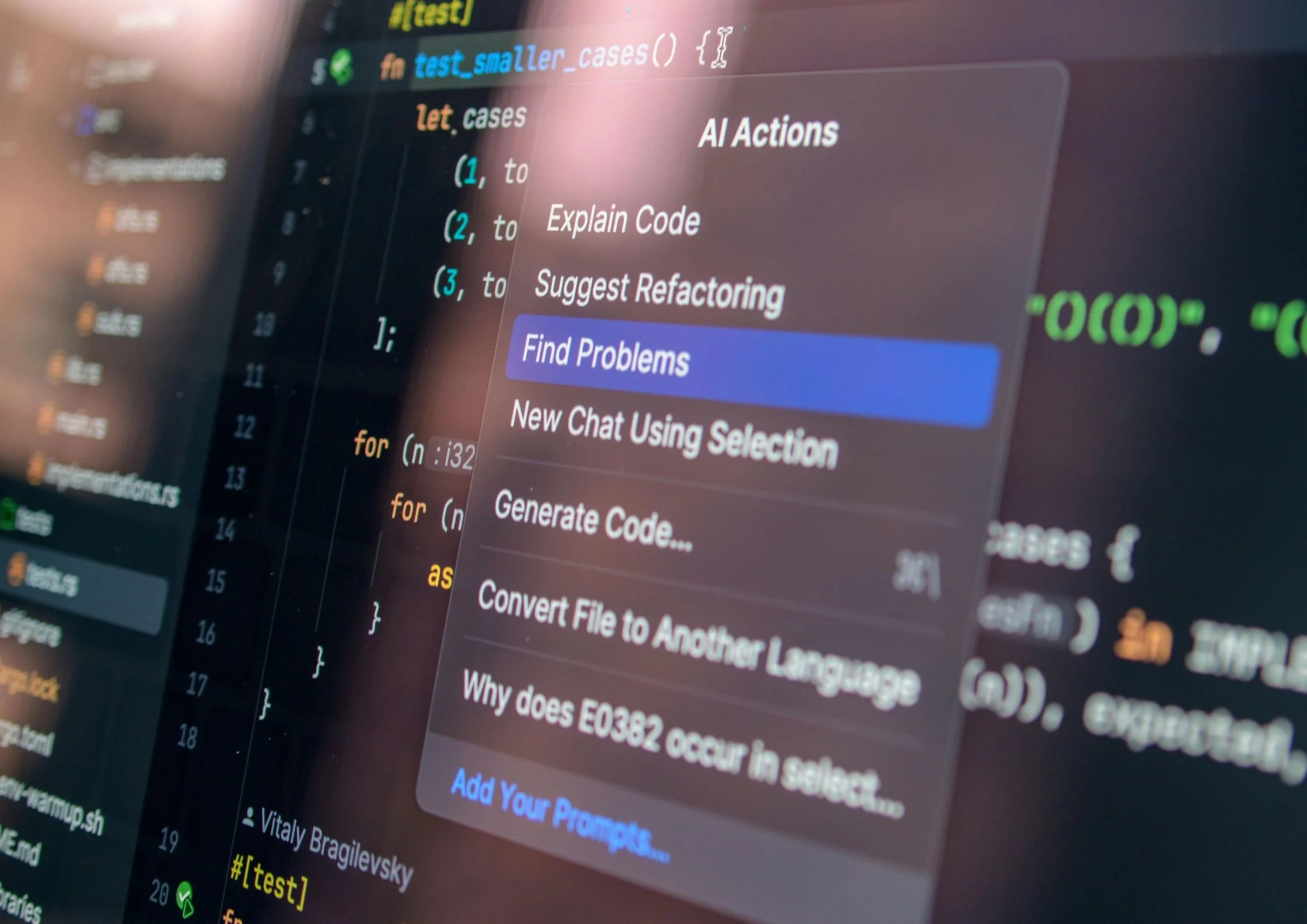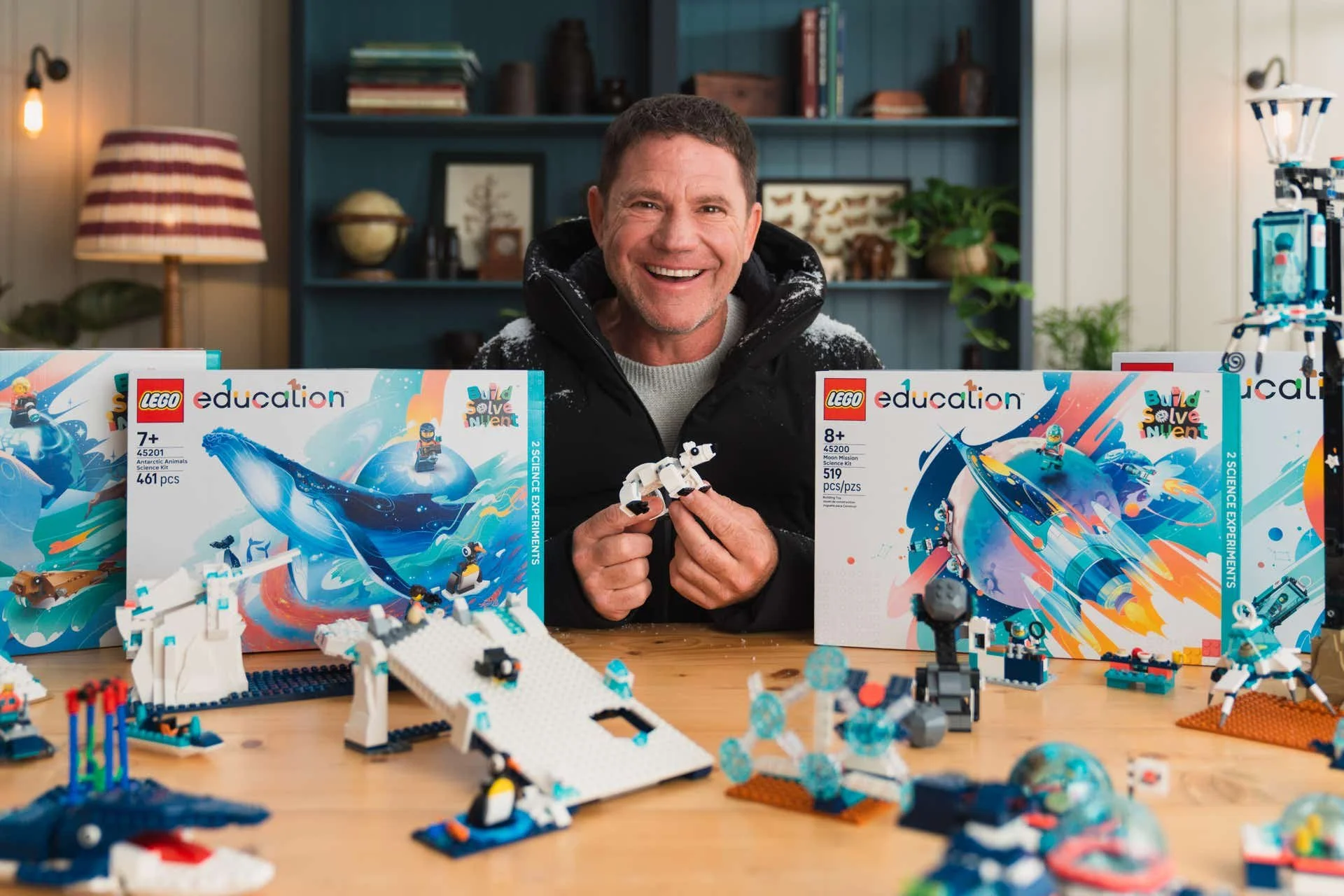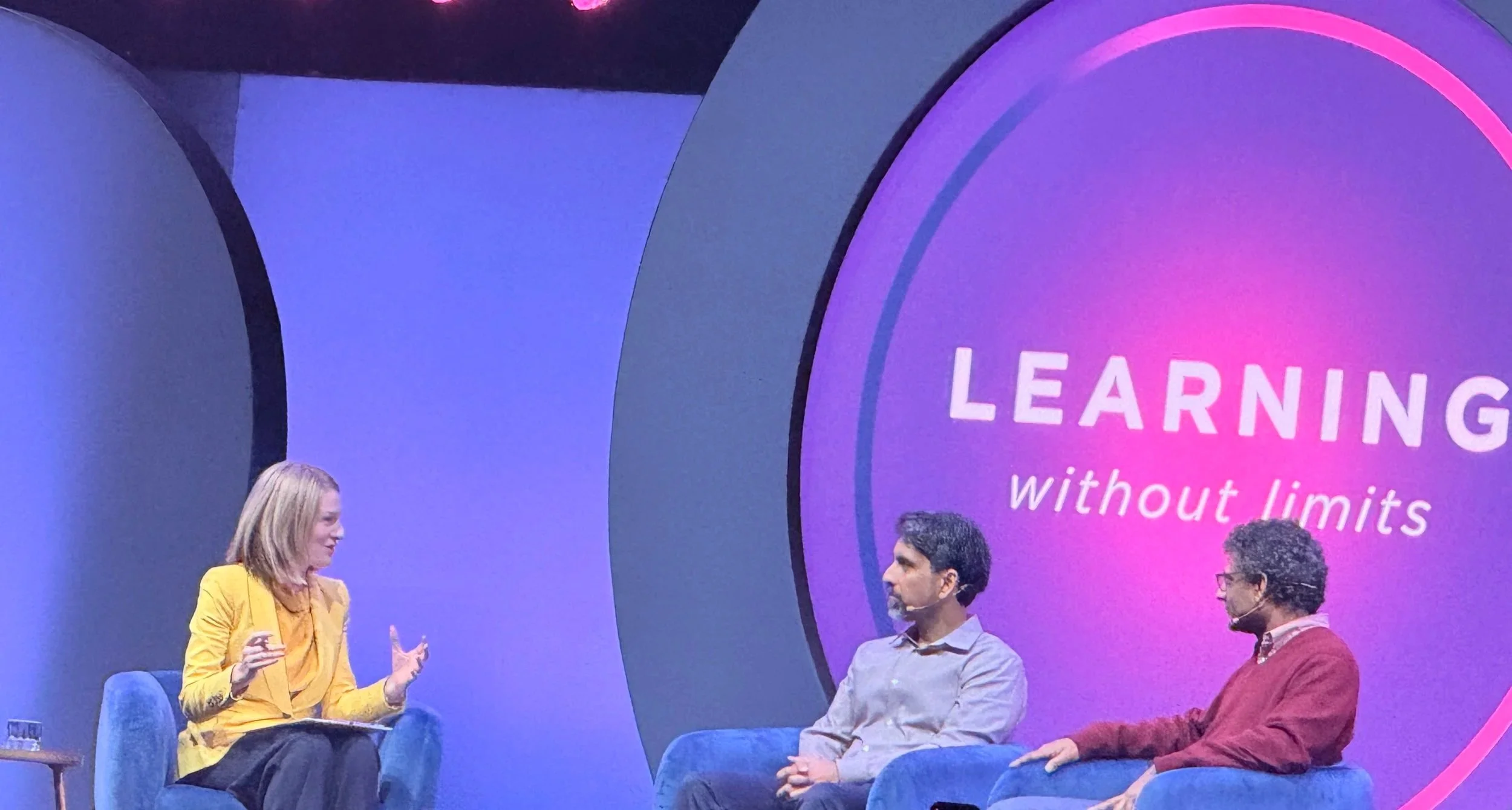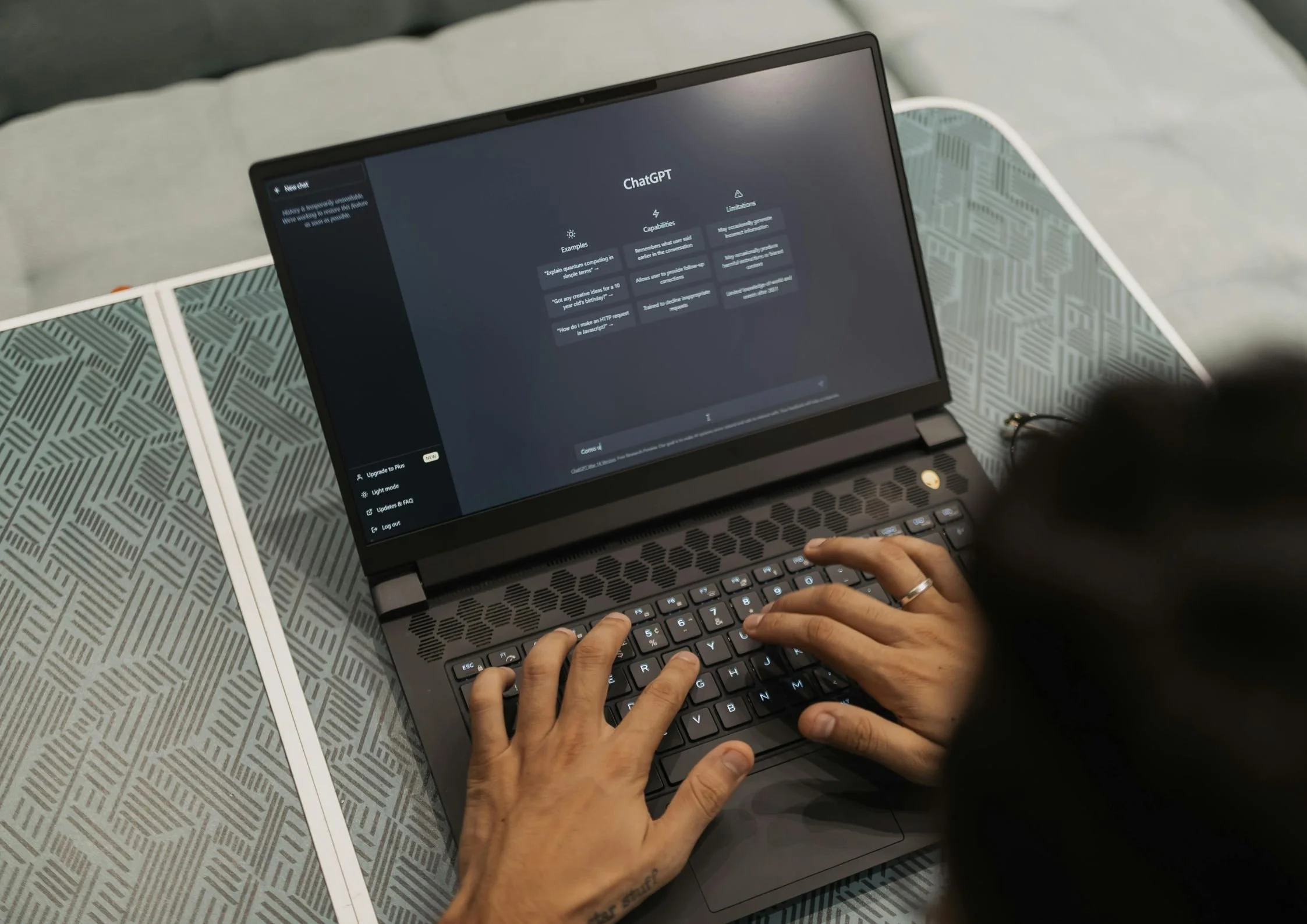UCL team wins SENDTech Challenge for AI-powered stammering support project
Stammerly uses AI and learning analytics to enhance communication outcomes for children with speech and language needs.

A team led by AI in Education Consultant Mia Romem has won first place in the SENDTech Challenge at University College London (UCL) for their project Stammerly, an AI-driven tool designed to improve support for children who stammer. The achievement was shared in a LinkedIn post by Romem.
Stammerly uses artificial intelligence and learning analytics to collect key data and generate personalized insights for educators and therapists working with children who have speech, language, and communication needs (SLCN). The project aims to improve both learning experiences and communication outcomes through data-informed interventions.
Romem wrote: “This achievement is a major validation of our work on Stammerly, a project dedicated to enhancing support for children who stammer.”
She added that the project “uses AI and learning analytics to collect crucial data and provide personalised insights, helping to improve learning experiences and communication outcomes for children with speech, language, and communication needs (SLCN).”
Inclusive innovation at UCL
The SENDTech Challenge, co-organized by Edtech Access and UCL, brings together students from the UCL Institute of Education and UCL Engineering to design prototypes tackling real-world challenges in inclusive education. Participants collaborate with mentors and pitch solutions to a panel of experts focused on accessibility and inclusion.
Romem said the project aligns with her team’s mission “to advance ethical AI integration and pedagogy in education,” emphasizing that “technology, when aligned with human-centred teaching practices, can truly help educators to focus on critical thinking and authentic learning.”
She also thanked challenge organizers and her teammates, describing the recognition as motivation to continue developing AI pedagogy and curriculum redesign initiatives.
Reflecting on the broader goals of the challenge, Ewa Bukowska, who helped organize the event, previously noted that it was created to ensure EdTech solutions are co-designed with learners and educators. “Too often, EdTech is designed in isolation, without fully considering accessibility or lived experience,” she wrote.
Romem concluded: “This award fuels my passion to specialise in AI pedagogy and curriculum redesign, making a tangible, positive impact on education.”











